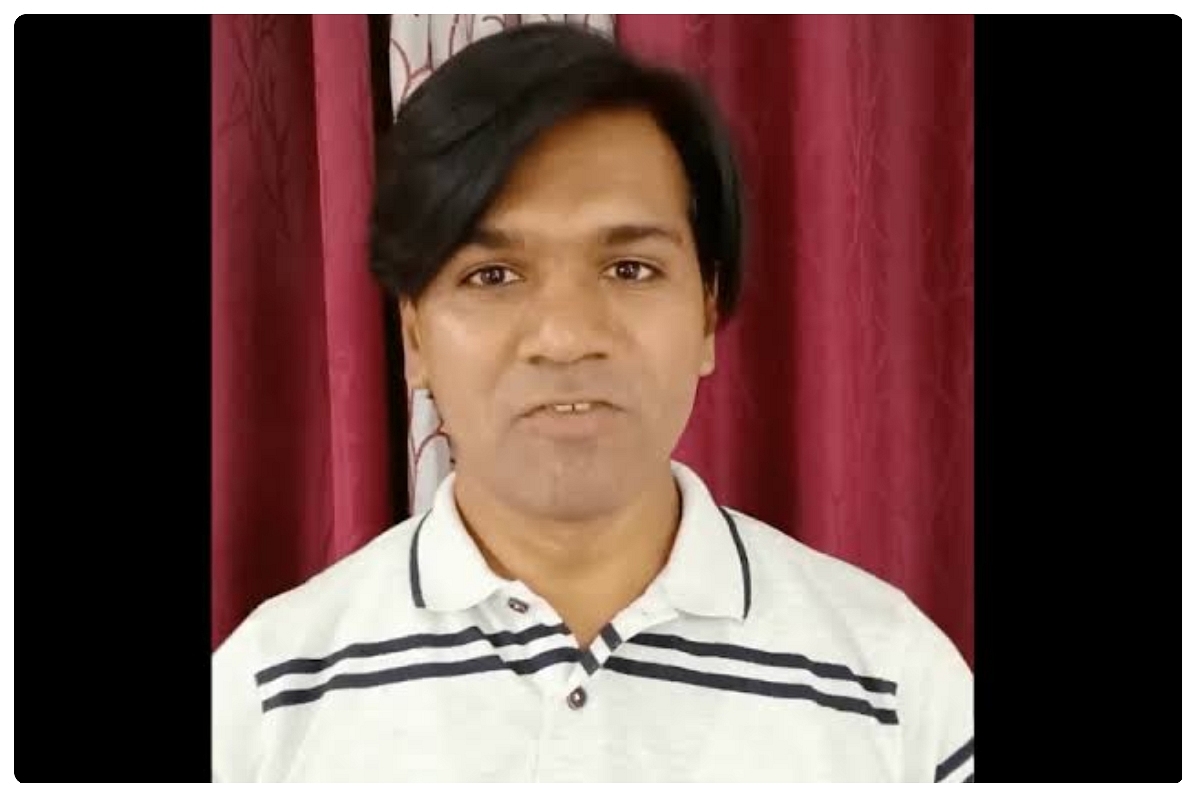Ideas
All Things Problematic With Supreme Court Ruling In Zubair’s Case
- For one, the court considered all the tweets made by Zubair as arising out of the same subject matter.

Mohammed Zubair (Twitter)
On 20 July 2022, a three-judge bench of the Hon'ble Supreme Court headed by Justice D Y Chandrachud granted interim bail to Mohammed Zubair, Co-Founder of Alt News.
While the immediate result of the ruling was that Zubair was released from custody and all the FIRs filed against him in the State of UP were transferred to New Delhi, some other reliefs granted to Zubair made the judgement problematic.
Most prominently, the seven FIRs registered in the State of UP and the one registered before the Special Cell, Delhi, concerned different tweets made by Zubair on different occasions. While some relate to allegedly “disturbing communal harmony and hurting religious sentiments”, others are concerned with “spreading hate”.
The FIRs were even registered under different provisions of the IPC and IT Act. For reference, the FIR in Ghaziabad was filed under Sections 153, 153A, 295, 505, 120B and 34 of the IPC, but the one in Hathras was registered under Sections 147, 149, 153A and 353 and the FIR in Chanduali was under Section 67 of the IT Act.
However, the court categorically considered all the tweets made by Zubair as arising out of the same subject matter. The court was of the opinion that the essence of all FIRs is the same, as they arise out of tweets made by Zubair. The impact of the aforesaid proposition is huge as Zubair has been granted bail for all future FIRs that may be registered in respect of the ‘same subject matter as above FIRs’.
One might argue that in Nupur Sharma’s case also, she was granted protection from future FIRs/complaints. However, there’s a slight difference between the two.
While in the Nupur Sharma case the court was conscious to grant protection to Sharma only in relation to the FIRs emanating from the ‘TV Telecast on May 26, 2022’, in Zubair’s case the court considered all tweets made by him on his Twitter wall as a single subject matter. Therefore, granting protection from future FIRs becomes problematic in Zubair’s case as any tweet would be considered as arising out of the same cause.
The court also, while transferring the case to Delhi, disbanded the Special Investigation Team (SIT) formed by the UP Government. The fact that seven out of total eight FIRs were filed in the State of UP was ignored. While on the face it looks like a matter of convenience, but this will have a huge impact as the court has disregarded the convenience of the prosecution, investigating authority, witnesses and others involved.
Furthermore, even after requests by the counsel for the State of UP, the court did not agree to prevent Zubair from tweeting till the time he is out on bail.
While imposing such bail conditions is a normal practice, the court here was of the opinion that restricting Zubair from expressing his opinion would be disproportionate. It said that imposing such a condition would be a violation of the petitioner's right to free speech.
Interestingly, another bench of the Supreme Court recently imposed stringent bail conditions on Jitender Narayan Tyagi (Waseem Rizvi), one of the accused in the Haridwar Hate Speech matter. The court in this matter directed Tyagi to submit an undertaking that he would not address or make any statement on ‘electronic’, ‘digital’ or ‘social media platforms’.
Tyagi’s order finds no mention of free speech violation as the court considered it appropriate to reasonably restrict free speech till the alleged accused is out on bail.
The bench can thus be said to have erred in fact and in law by granting Zubair blanket protection by extending the interim bail to any future FIRs concerning his tweets and giving him free hand to tweet even during the bail period.
Introducing ElectionsHQ + 50 Ground Reports Project
The 2024 elections might seem easy to guess, but there are some important questions that shouldn't be missed.
Do freebies still sway voters? Do people prioritise infrastructure when voting? How will Punjab vote?
The answers to these questions provide great insights into where we, as a country, are headed in the years to come.
Swarajya is starting a project with an aim to do 50 solid ground stories and a smart commentary service on WhatsApp, a one-of-a-kind. We'd love your support during this election season.
Click below to contribute.
Latest